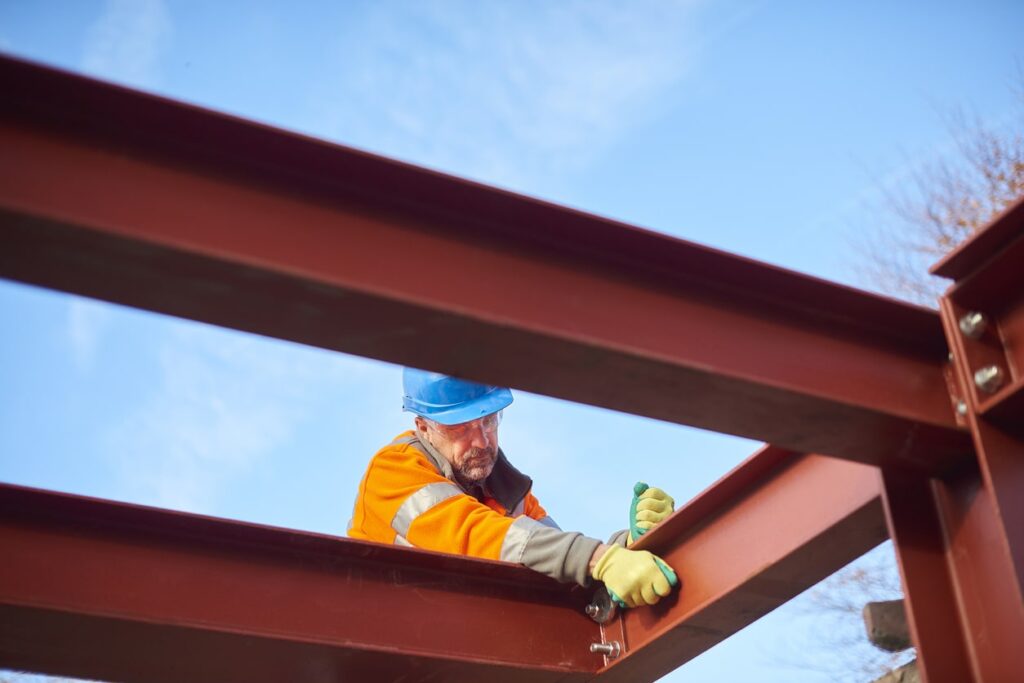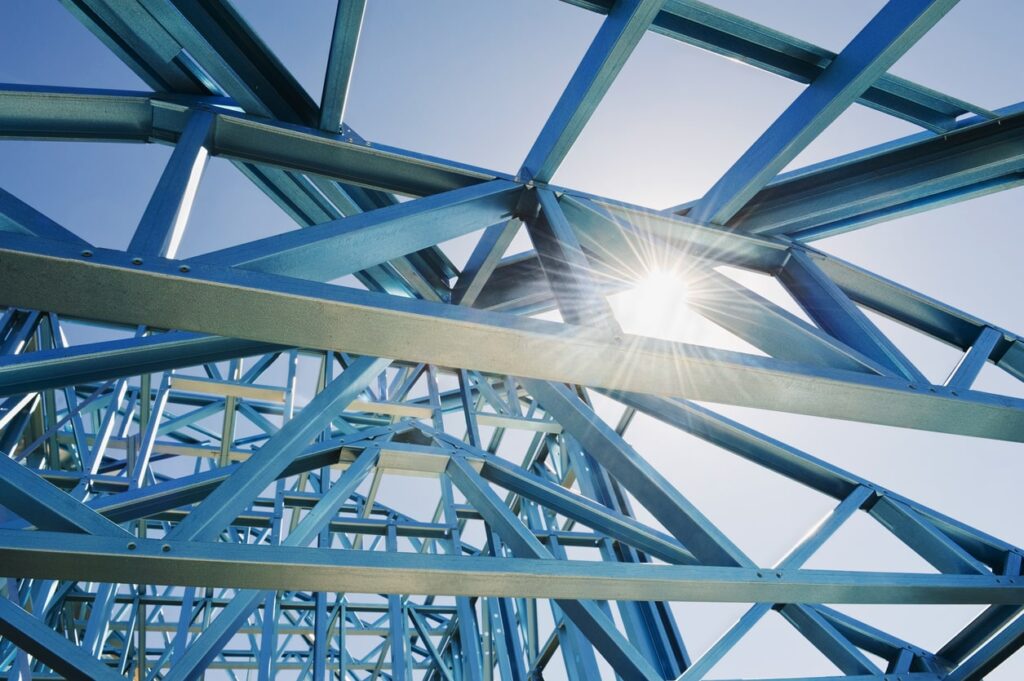Metal surfaces are known for their strength and durability, but even they can succumb to wear and tear over time. Protecting and maintaining your metal surfaces is essential to ensure their longevity, whether it’s due to corrosion, scratches, or other forms of degradation.
At MJJM, we offer a range of industrial spray painting services, and our structural steel & metalwork services are excellent for keeping your metal surfaces in good condition year-round. However, there are other steps you can take to uphold the integrity and appearance of your metalwork projects, and our team is here to help! Keep reading for more information.
Understanding Metal Surface Degradation
Before diving into maintenance tips, it’s crucial to understand the factors contributing to metal surface degradation. By knowing what you’re up against, you can take proactive steps to prevent and mitigate damage.
Metal surfaces can deteriorate for various reasons. Some common factors include:
Corrosion: Exposure to moisture, oxygen, and other environmental elements can lead to rust and corrosion on metal surfaces.
Abrasion: Constant friction, such as scraping or rubbing, can cause scratches and wear on metal.
Chemical Exposure: Contact with corrosive chemicals or substances can erode metal surfaces.
Temperature Fluctuations: Extreme temperature changes can cause metal to expand and contract, leading to cracks and weakening.
Now that we understand the enemies of metal durability, let’s explore some essential maintenance practices to combat these issues.

Cleaning and Protective Coating Techniques
To maintain the cleanliness of your metal surfaces and contribute to their long-term durability, it’s essential to engage in regular cleaning. This practice is instrumental in preserving your metal surfaces’ natural lustre and overall condition. Start by gently wiping them down with a damp cloth on a consistent basis. This simple yet effective routine helps remove accumulated dust and everyday dirt, ensuring your metal maintains its shine. For more stubborn stains or persistent grime, consider using a mild detergent mixed with water. Always handle cleaning with care to prevent potential scratches.
In addition to regular cleaning, exercise caution when selecting your cleaning materials. It’s crucial to avoid abrasive items like steel wool or harsh chemicals, which have the potential to damage the metal’s finish. Such damage can lead to unsightly scratches or even corrosion over time. Instead, opt for gentler cleaning tools and methods that prioritise the preservation of the metal’s integrity and appearance.
Furthermore, proactively applying protective coatings can significantly enhance the longevity of your metal surfaces. Consider using coatings such as wax or clear lacquer. These coatings create a protective shield, guarding against corrosion resulting from exposure to moisture, air, and external elements.
Painting Metal Surfaces
For a successful metal surface painting process, thorough surface preparation is essential. Prior to applying paint, ensure that the metal surface is clean and free of rust, dirt, and loose paint. Depending on the metal’s condition, you may need to utilise sanding or a wire brush to achieve a smooth and pristine surface. This meticulous preparation lays the groundwork for a durable and long-lasting finish.
Following surface preparation, the next step involves applying a rust-inhibiting primer to the metal surface. This primer plays a vital role in establishing a solid base for the paint and enhancing its adhesion. It not only elevates the overall finish but also provides an additional layer of protection against potential corrosion.
When selecting paint for your metal surface, prioritise options specifically designed for this purpose, such as rust-resistant enamel or acrylic paints. Your choice of paint significantly influences the quality and longevity of the final finish.

Preventing Corrosion Through Proper Storage
Proper storage is crucial for preventing corrosion and maintaining the integrity of your metal items. To minimise exposure to moisture, store your metal items in a dry environment. If you live in areas prone to high humidity, it’s a good practice to use a dehumidifier to further control the humidity levels within your storage space.
When storing multiple metal objects, be mindful of avoiding direct contact between different types of metal. This precaution helps prevent galvanic corrosion, a chemical reaction that can occur when dissimilar metals come into contact. Consider employing rust-inhibiting products like desiccant packs or silica gel within your storage containers. These products are designed to absorb moisture and help maintain a dry environment, reducing the risk of corrosion on your stored metal items.
For more information, contact MJJM today!
If you would like to know more, or to arrange any of our expert services, please don’t hesitate to get in touch with the team at MJJM. We offer a range of commercial painting services, including specialist coatings and fireproofing, shop fronts, and more that contribute to the maintenance of an outdoor structure. We’re only a phone call away and can’t wait to hear from you.






